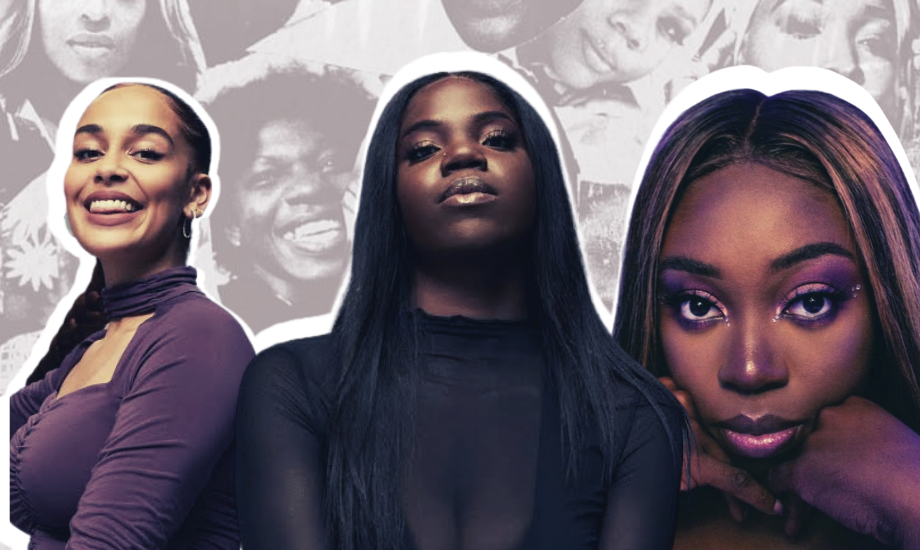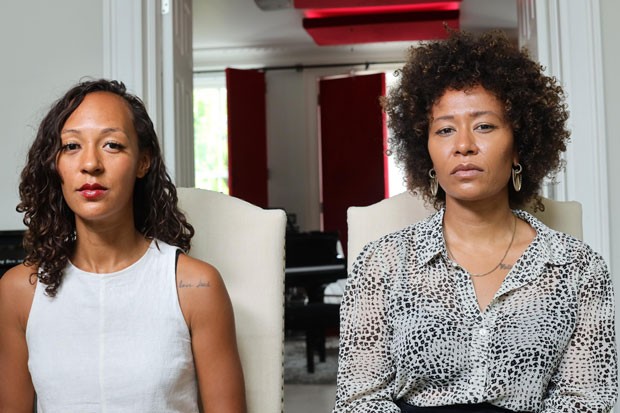
#melaninpoppin #browngirlmagic – hashtags that flash across our Twitter timelines and Instagram feeds. Around the world people of colour are embracing the skin they were born with, and learning to love their reflection. Yet, the cultural revolution taking place is under threat of being undermined by the continuing trend of skin bleaching.
Much like racism, sexism, and homophobia, colourism permeates all aspect of our lives. Colourism isn’t new, it only manifests in different forms. But such prejudice isn’t solely restricted to the diverse streets of Western cities like London; lighter skin tones are preferred across Asia and Africa, where white people are in the minority. Just as racism can instil feelings of self-loathing, colourism can push people to make life-changing and potentially dangerous decisions.
While here in the UK, Unilever is making controversial ads for skincare brand Dove, that controversy extends beyond the borders of the Western world. Fair & Lovely, a skincare brand manufactured by Unilever that reinforces the idea that light skin tones are more beautiful, is sold across the globe and is reported to be used by 1 in 10 women. Then there’s Vaseline, also manufactured by Unilever, which released a promotional Facebook app in India allowing users to digitally lighten their skin. One wonders whether the apology Unilever released was hypocritical and dismissive, given the magnitude of the company’s involvement in the global skin lightening product market.
“[We] need to start actively address the problem of colourism or face the consequences of populations within ethnic communities dealing with a host of completely preventable health conditions”
But whilst products produced by companies like Unilever are considered to be safer options for those who believe lightening their skin will improve their prospects, it is the off-brand and unregulated alternatives that have public health officials concerned. In February this year, the Food and Drug Authority (FDA) in Ghana released a statement in response to reports that pregnant women are taking smuggled glutathione pills to lighten the skin of their unborn children. Taken orally, glutathione is a powerful antioxidant in the body. Glutathione works by reducing the action of molecule tyrosinase. Suppressed action of tyrosinase favours the production of pheomelanin, which is associated with lighter skin colours.
Following in the footsteps of Ivory Coast, Ghana has banned the importation of products with skin lightening chemical, hydroquinone. Coming into effect in August 2016, the ban was an attempt by the government and health organisations to prevent the rise of health-related conditions that are side-effects of using such products. But knock-off brands available across Asia and Africa have been found to still contain banned substances hydroquinone and mercury.
The magnitude of that supply is directly proportional to the demand; Nigerian women reported the highest use of skin lightening products at 77%, whilst 35% South African women reported using such products. Skin lightening is projected to be worth $31.2 billion in the global beauty industry by 2024. But one would not be wrong to believe the human cost is significantly dearer. Reports confidently cite the stigma of darker skin tones in communities across Africa and Asia as a primary driver for the growing market.
Countries banning the importation or sale of skin lightening products is not enough to curb the practice. The World Health Organisation has called for more governments to increase public awareness on the dangers of unregulated skin lightening products. “Instead of issuing a statement and engaging the nation in an unnecessary debate about what time alcoholic beverages should be advertised, the FDA should use that time and resources to educate the public on the effects and dangers of bleaching”, stated by acting first female CEO of the FDA in Ghana, Mimi Darko.
“The World Health Organisation has called for more governments to increase public awareness on the dangers of unregulated skin lightening products”
Conscious efforts are being made to dismantle the complex structure that has allowed colourism to exist. University of Cape Town and Pennsylvania State University’s article ‘The phenomenon of skin lightening: Is it right to be light?’ dissects historic practise of skin lightening in South Africa, and like Mimi Darko of Ghana’s FDA, makes strong recommendations to improve the “implementation of policies and greater ethical responsibility of multinational cosmetic companies.”
However, one must acknowledge the dichotomy between responsibility and victimhood. In January 2018, Ghanaian Immigration Service (GIS) made a controversial decision to disqualify job applicants who had bleached skin. Although this decision was supported by some, GIS was also condemned for the sexist and unjust disqualifying of women with stretch marks, and those with tattoos or dreadlocks. Whilst the choice to bleach is seen by many as contentious and rooted in historic prejudice, people should not feel chastised by their own government. If the authorities lack the resolution to tackle the systemic injustice that manifests in the skin bleaching, then who are they to condemn the citizens they have failed to protect?
Governments in Ghana, India and even the UK need to start actively address the problem of colourism or face the consequences of populations within ethnic communities dealing with a host of completely preventable health conditions. The impact of Eurocentric features as a standard of beauty is profound and multifaceted. Facing the issue will require more than hashtags and social media trends – but it’s a good start. Professor Aneel Karnani warns in The Wall Street Journal, “the danger is that a focus on social responsibility will delay or discourage more-effective measures to enhance social welfare in those cases where profits and the public good are at odds”. We cannot rely on corporations to solve social issues that plague our communities; it is increasingly clear that that falls on our shoulders.
Great strides are already being made to combat colourism. By recognizing how and where it plays into our culture, as opposed to blindly ignoring #lightskinprivilege, we are a part of generation that refuses to comply with the status quo. The tools we have at our disposal put us in the strongest position to tackle colourism head on. So don’t hesitate to tag that selfie with #darkskinmagic, and continue to be brave enough to have those awkward conversations. The time has come for our generation to carry on the good fight.









